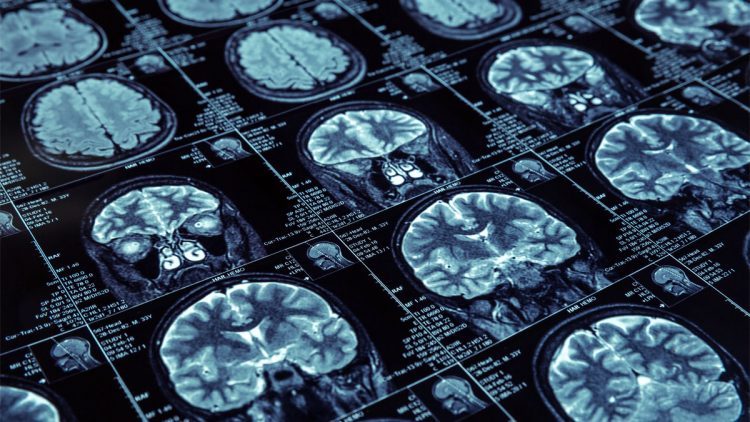Dementia vs. Alzheimer’s Disease
Dementia is common terminology for a decline in an individual’s mental ability serious enough to disrupt day to day life. Alzheimer’s is the most general cause of dementia. Alzheimer’s is a particular disease. Dementia, however, is not.
Getting familiar about the two and the difference between them is vital and can enable individuals with Alzheimer’s or other type of dementia, their families, and their caretaker with necessary knowledge.
Dementia overview
Dementia comprises of a group of symptoms related to a decrease in memory, reasoning, or other thinking abilities. A lot of varying kinds of dementia are out there, and a lot of conditions are the cause of it. Mixed dementia is the condition whereupon brain changes of more than one kind of dementia happen at the same time. Alzheimer’s disease is the most general causation of dementia, that accounts for 60 to 80 percent of cases of dementia.
Dementia is not a typical part of getting older. It is brought upon by damage to brain cells that impacts their ability of communicating with one another, in which may impact thinking, demeanor and emotions.
Alzheimer’s overview
Alzheimer’s is a regressive brain disease that is brought on by complex brain changes after cell damage. Alzheimer’s induces dementia symptoms that steadily get worse over time. The most general early symptom of Alzheimer’s is having a hard remembering newer information since the disease usually affects the part of the brain related with learning first.
As Alzheimer’s progresses, symptoms get more serious and can comprise of disorientation, uncertainty, and demeanor changes. After time, talking, swallowing, and moving around could become challenging. There isn’t a way to stop, cure or even slow the disease.
Although the greatest known risk factor of Alzheimer’s is an increase age, the disease is not a typical part of getting older. And even though a lot of individuals with Alzheimer’s are sixty-five and older, approximately two hundred thousand Americans under are sixty-five have younger onset Alzheimer’s disease.
10 Early Signs of Alzheimer’s
- Memory loss that interrupts day to day life
- Difficulty in planning or problem solving
- Challenges finishing familiar tasks
- Time or place confusion
- Trouble comprehending visuals and dimensional relationships
- New issues with words in talking or writing
- Misplacement of things and losing the capability of retracing steps
- Reduced or poor decision making
- Removal from work and/or social activities
- Shifts in behavior and personality
When you notice 1 or more signs in yourself or another individual, it may be challenging to know what to do. It is natural to feel uncertainty or nervous about talking about these changes with others. discussing concerns about your own health could make them appear more “real.” Or, you might be worried about upsetting someone by sharing notices about changes in their capabilities or demeanor. Nevertheless, these are consequential health concerns that need to be assessed by a doctor, and it’s vital to take measures and find out what’s going on.
Find Retirement Communities In Sedona
Sedona Winds Retirement Community offers independent living in Sedona, Arizona, can help! Call us today at (928) 496-6547 and learn more about our facility and what we have to offer today’s seniors.
More Articles About Senior Living
- Funny Christmas Quotes For Seniors
- Best Things To Do In Sedona For Seniors
- Tips On How To Save For Retirement Without A 401k
- Physical Games For Seniors
- Retiring in Arizona Pros and Cons
- Best Places To Retire In Arizona 2020 | Retirement Communities
- Benefits of Independent Living
- Inspirational Retirement Quotes
- What Is Dementia?
- Memory Care Checklist: What To Ask & Look For
- What is Memory Care? | Questions to ask the Facility
- Senior Living Sedona
- Moving A Parent With Dementia into Assisted Living
- Common Senior Health Issues
- Benefits Of Assisted Living
- How Much Does Assisted Living Cost In Sedona Arizona?
- Assisted Living Checklist: What To Ask & What To Look For
- Biggest Reasons To Retire In Arizona
- Assisted Living Camp Verde
- Find Memory Care Facilities In Arizona
- Things to Do in Sedona for Retirees
- Quotes & Sayings For Retirement Cards – 110 Quotes – Continued
- Why Retire In Sedona Arizona?
- Why Do People Retire? Answered

